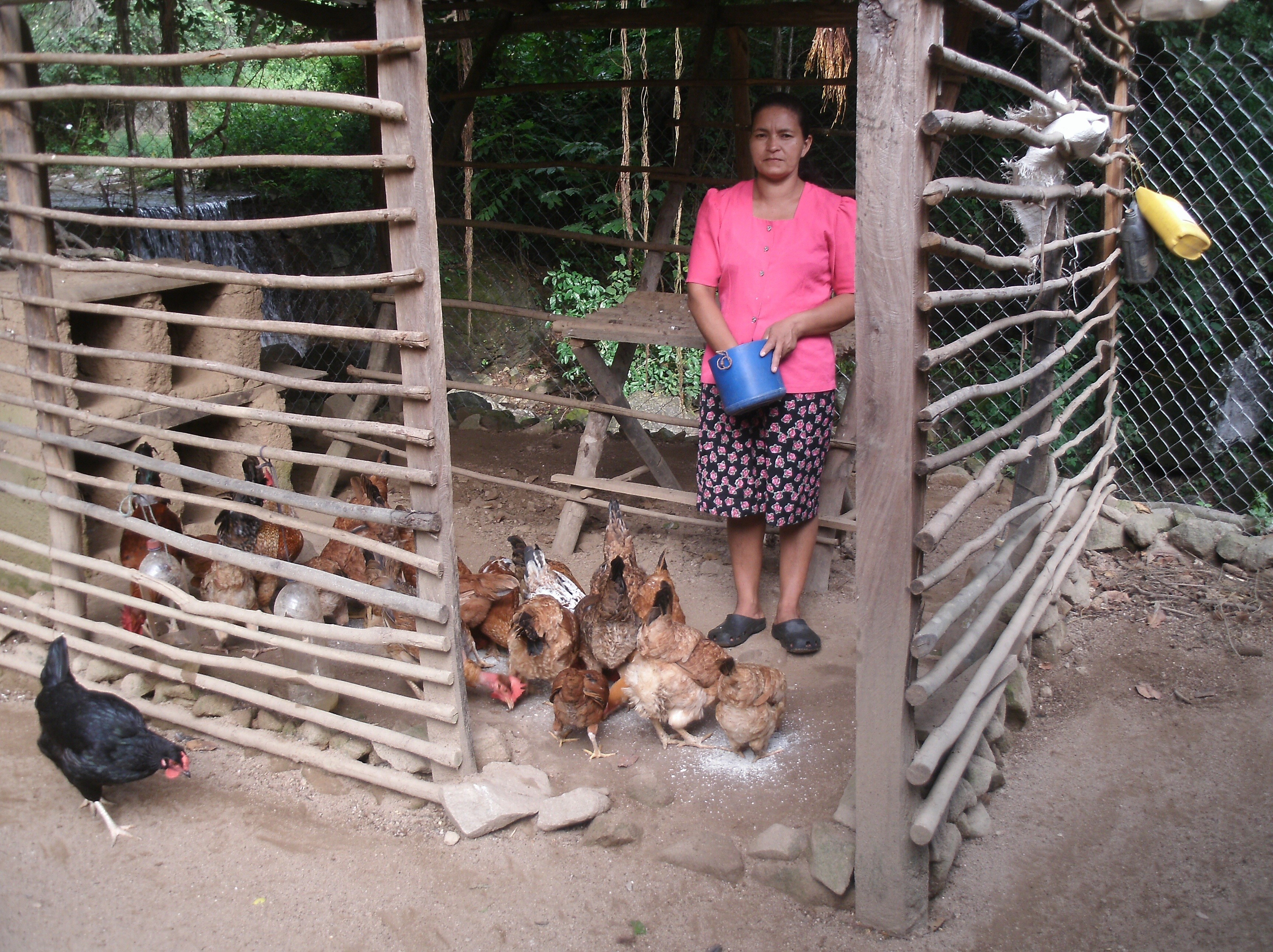Former Red Deer resident Tara Ward has certainly found her place in the world.
With a strong passion for international development, she has served with Peace Brigades International and also lived and worked in Guatemala for two years.
She is still on the board of that organization, and is now based in Cobourg, Ontario where she is the program coordinator for Horizons of Friendship, an international development organization that supports programs in Central America and Mexico.
Ward is currently on a cross-country trek with Patricia Rebolledo-Kloques, executive director of Horizons, and Teresa Lopez who works with Simiente Foundation of Honduras.
“Every year we have partner visits, because part of our role is to educate Canadians about the situation in Central America and Mexico,” explains Ward. “Our tour right now is also to raise awareness about Horizons and about the situation in Honduras. And to build new connections.”
Things in Honduras have worsened considerably over the past few years due to a 2009 coup d’état.
“The level of violence has increased significantly, and the economy has been incredibly impacted,” explains Ward, adding that the country has the second highest rate of poverty, after Haiti, in the Latin American/Caribbean region.
Of a population of eight million, 5.8 million live below the poverty line.
“We want to show Canadians what they can do to support communities in Central America and Mexico, by supporting Horizons of Friendship and by being aware of what’s happening there.”
Ward said it’s easy for people to forget about the ongoing hardships in developing countries.
“I think particularly with the coup in Honduras – we heard about it when it happened, but we forget that something like that doesn’t just happen and then things go back to normal. The impact is still being felt.”
But meeting with community groups on the tour has shown that Canadians are concerned. “Every time we’ve done a presentation, we’ve been really impressed by the questions people are asking. I do think Canadians are interested, but I think they don’t always have access to the information.”
Ward acknowledged North Americans may feel overwhelmed by the scope of the situation in Honduras. That’s partly why Horizons fly project partners in. That way, folks here can hear firsthand accounts of the issues – but also the possible solutions.
Lopez said that Honduras has always been an incredibly poor country.
And the coup d’etat further broke the fragile democracy that was in place.
While there have been some reforms, there is consistent suffering and oppression experienced amongst Hondurans.
Lopez said violence against women has really worsened as well – every 15 hours, a woman is killed in Honduras, she said.
Also, it costs about 7,000 Lempiras per year to have the basics in terms of food, but minimum wage provides about 6,000 Lempiras annually.
“A family can’t even buy what they need to survive,” she said. “We live in chaos.”
Ward explained that Horizons projects work mainly with women as women tend to be very subordinated with very little power and with huge responsibilities and levels of work.
“So we undertake training and education around human rights, women’s rights and the different types of laws so they are informed – all of this is to strengthen them as women in their identities.”
Saving money for micro-businesses is also encouraged.
Another emphasis is on families becoming self-sustaining with growing their own food as Lopez said the Honduran government promotes investment in terms of food production, but it’s food production to export.
Meanwhile, Ward said a good place to start for Canadians who want to help is becoming more informed.
Rebolledo-Kloques agreed.
“It’s about keeping Honduras in your sights and support what the locals are doing. We empower the locals – that is the most important part.”
On the bright side, she pointed out that although poverty is rampant in Central America, there is a ‘richness’ there too.
“There is a lack of material resources, but the people are quite rich in culture, in family life, in community life, in the solidarity they show in terms of sharing food and the resources they do have. There is a lot to learn and a lot to share between Canadians and Central Americans.”
For Ward, her passion for development work only grows stronger as the years go by.
“When I was in Guatemala, I fell in love with Central America. And I learned through the people I met – people who live in really difficult circumstances and who have lived through really horrible things, but have life, love and hope. I learn every time I go to that region.
“I also think a different world is possible – and if I don’t try to change it, who will try? We can’t leave it up to someone else to try and do it.”
For more information, check out www.horizons.ca.
editor@reddeerexpress.com



